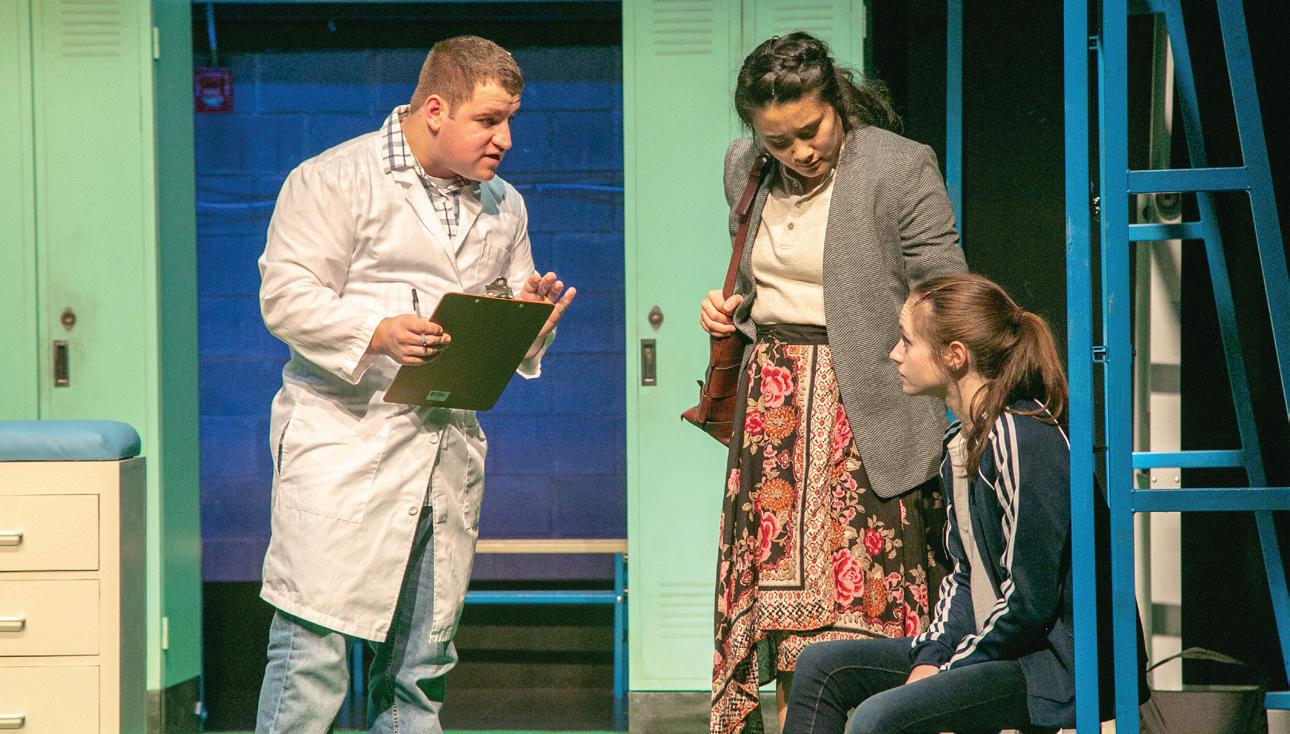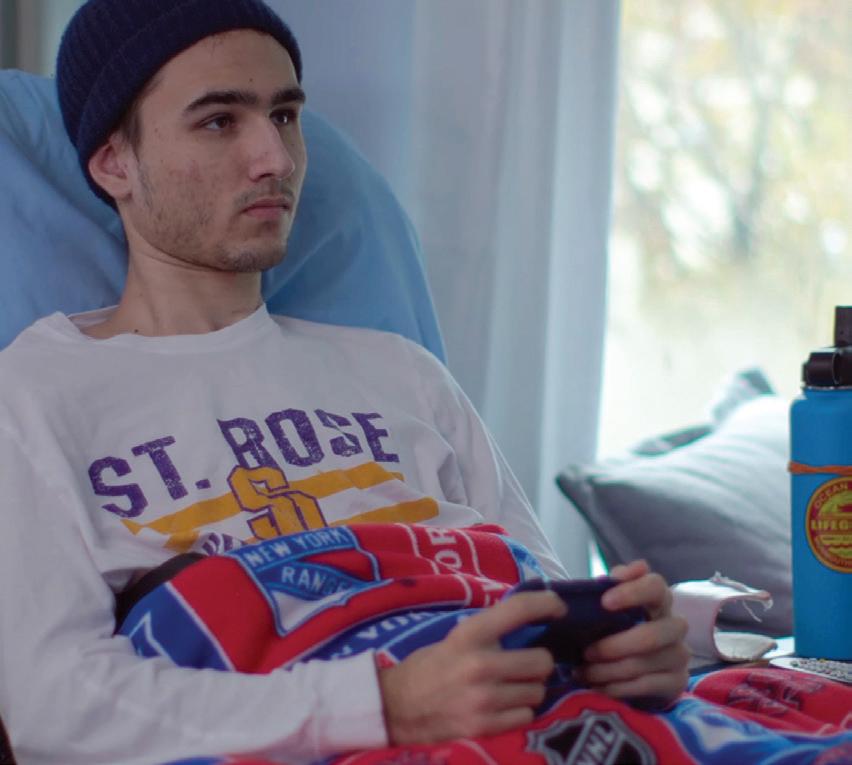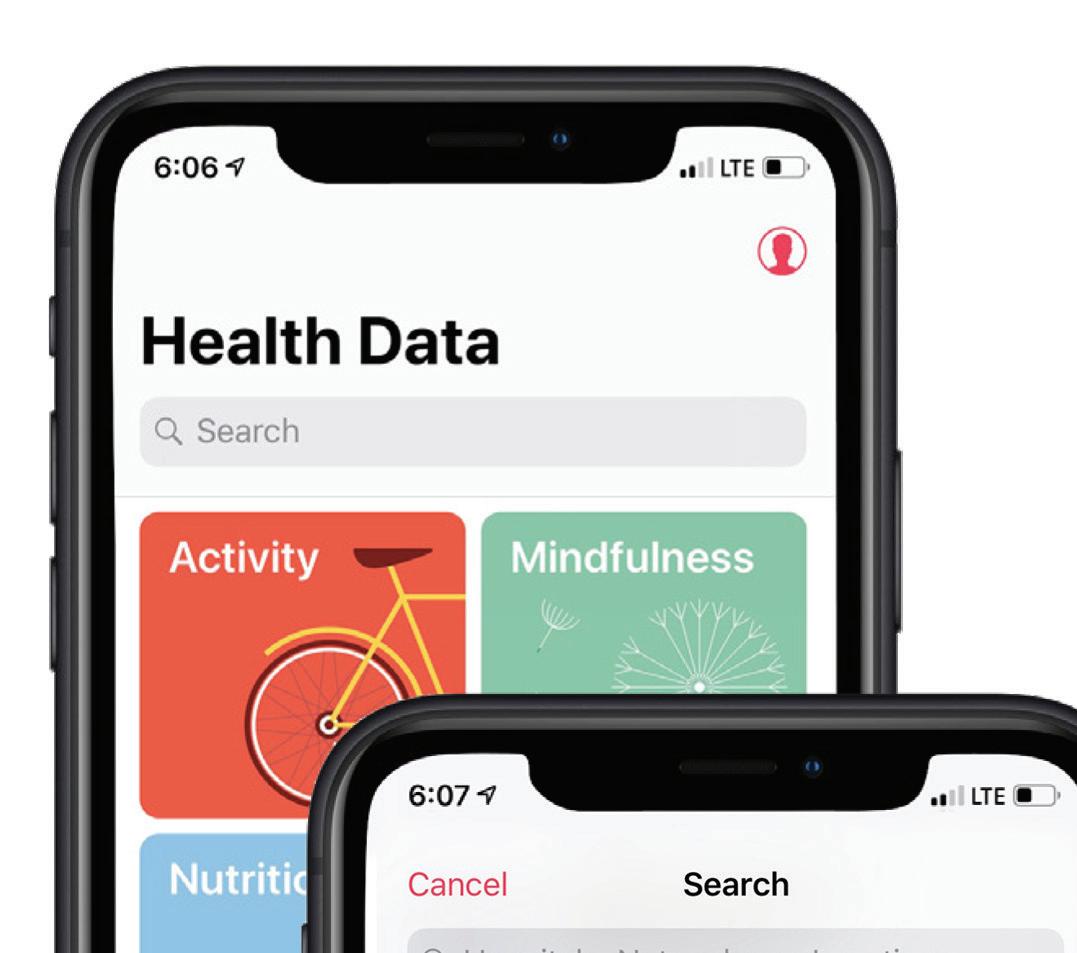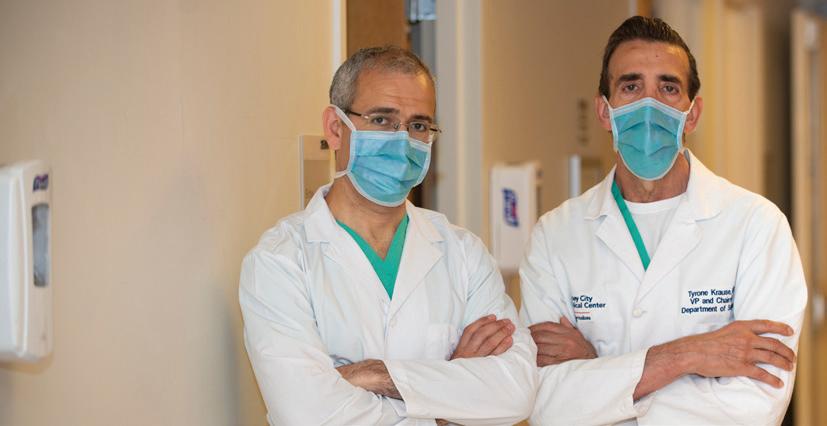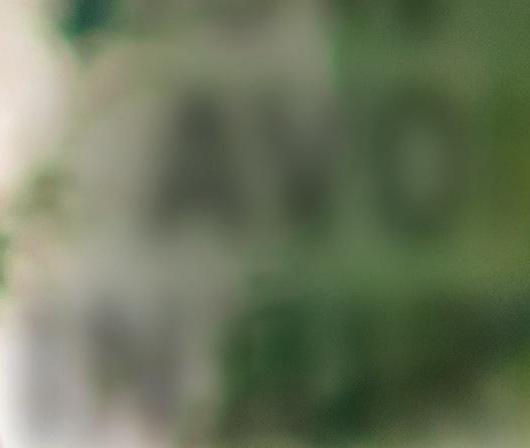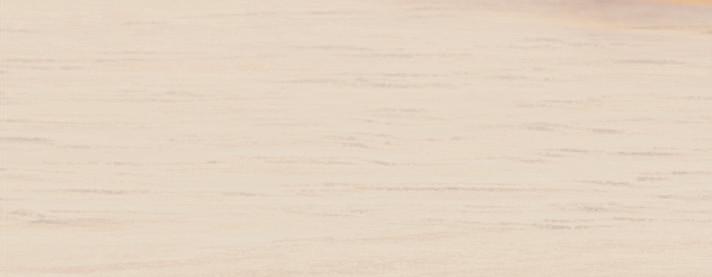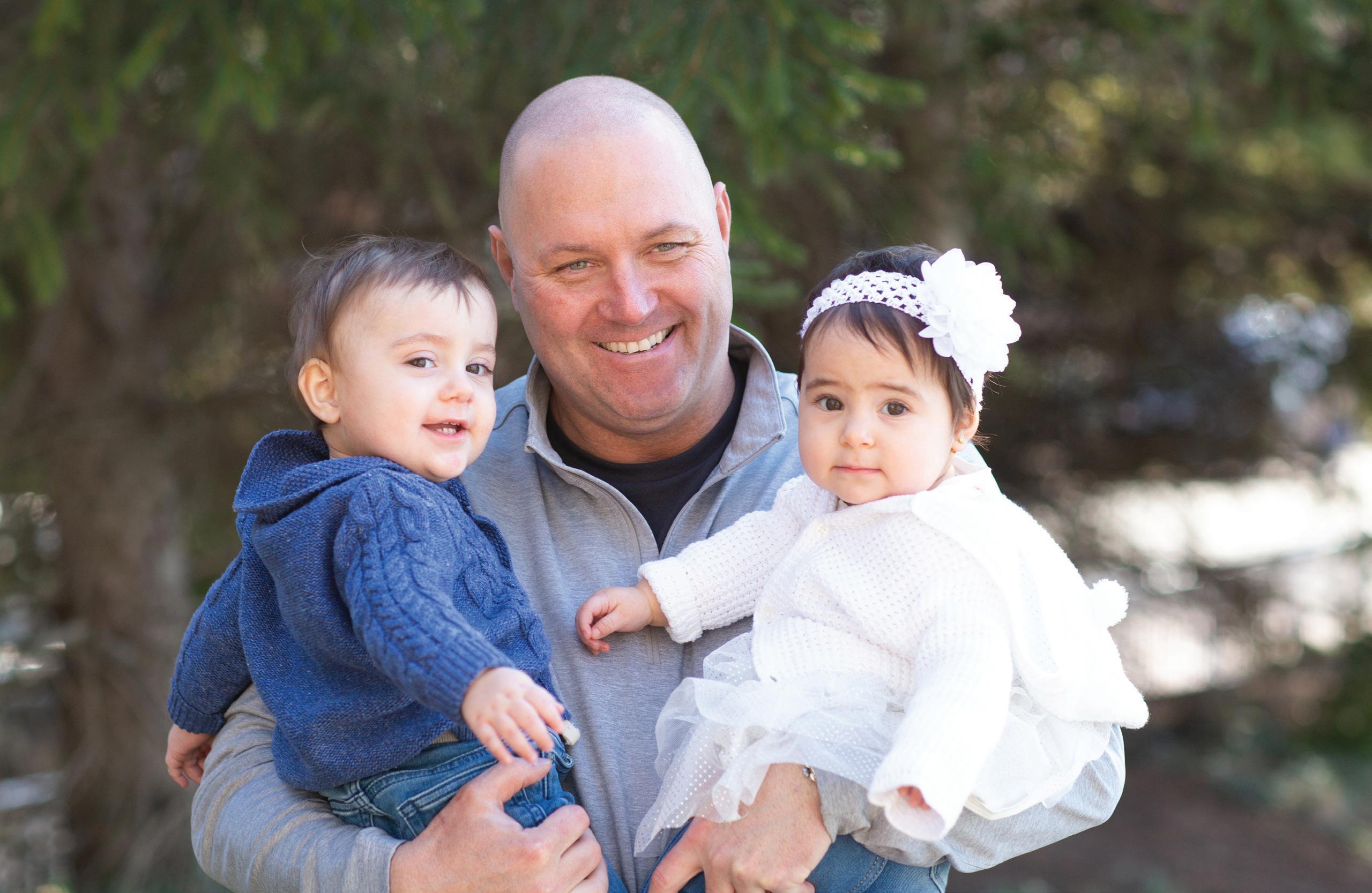
4 minute read
FROM ‘HEALTHY’ TO HEART SURGERY
CARDIOLOGISTS CATCH A CONDITION THAT COULD HAVE BEEN FATAL TO A LOCAL MAN.
Michael Hulings’ thoughts were swirling and it was hard to take in what he was hearing: He appeared to have a serious heart condition that might warrant a surgical procedure. “I was thinking, ‘Whoa, let me see what’s going on here,” the lieutenant with the Jersey City Police Department says. “I wanted to pump the brakes a bit.”
Michael had reason to be taken aback. He was only 46, felt fine, had no pain or other heart-related symptoms and didn’t have high cholesterol. “I had been a little tired, but attributed that to life,” he says.
At 5'11" and about 200 pounds, he’d known he was a tad overweight and had wanted to get back into shape. “I figured I should get a full physical because I hadn’t been checked out in a while,” he says. “That started the ball rolling.”
Just before Thanksgiving in 2018, Michael went for a test of his heart function with a treadmill stress test. Doctors were concerned about an electrical abnormality, so Michael was sent for a nuclear stress PRAGNESH GADHVI, MD test, which uses a radioactive dye to track blood flow. “That test showed that when I was at rest, everything looked okay,” he says, “but when I was exerting myself, one area at the bottom of my heart wasn’t getting enough blood.”
That’s when the talk about a cardiac procedure began. “I wanted another opinion,” Michael says. Not quite sure where to turn, he contacted Jersey City Medical Center.
A SURPRISING FINDING
“I’ve screened a lot of high-stress police and first responders,” says Pragnesh Gadhvi, MD, an interventional cardiologist with JCMC
and a member of RWJBarnabas Health medical group, with his practice newly located at 519 Broadway and 24th Street in Bayonne. “Time and again, they appear asymptomatic at the outset, but then we physically challenge them, dig deep for risk factors and find them at risk of potentially life-threatening heart disease.”
Dr. Gadhvi called Michael even before their first appointment to ask questions about his family history and discuss what might be in store. “The personal way he handled everything really meant a lot,” Michael says.
After an initial consultation, Michael had a cardiac catheterization, a diagnostic imaging procedure in which a catheter Opposite page, Jersey City resident Michael Hulings is grateful to be around for his 1-year-old twins inserted into a blood vessel measures blood Austin and Harper. Above, Michael and his wife, Gina, with the twins and older daughter Kayleigh on the waterfront near the family’s home. supply to the heart. It showed that his left anterior descending artery—the location of so-called “widowmaker” heart attacks—was in the heart. have a family history of early coronary 100 percent blocked. He had accelerated “They laid everything out and gave me artery disease,” says Dr. Gadhvi. atherosclerosis, an inflammatory process the pros and cons, but the decision was “One lesson people can take from this in which blood vessels form blockages even mine,” Michael says. “I appreciated that. is that heart disease doesn’t necessarily when cholesterol is low. But I wanted to do whatever was needed to need super-high risk factors. Know your Other blood vessels were, in effect, really fix the problem.” family history, work with a primary taking up the slack to keep the heart At that moment, Michael accepted that care physician, analyze lab results and working. When Michael was active, his he needed major surgery. “To hear that at stay active. Together, these factors may heart had more trouble keeping up. “I my age was kind of shocking,” he says. “But uncover conditions that are potentially believe he was at risk of sudden cardiac I was like, ‘This is for real.’” life-threatening.” death,” Dr. Gadhvi says. Michael had his open-heart surgery
Dr. Gadhvi and JCMC cardiothoracic TIMELY INTERVENTION at JCMC on January 3, 2019. “Surgery and surgeon Tyrone Krause, MD, reviewed Doctors don’t fully understand why some recovery were definitely rough, but it Michael’s options. They could do another people develop accelerated atherosclerosis, went exceptionally well,” he says. “I was catheterization and install a stent, or they but family history plays a role. “Michael pleasantly surprised at almost everything. could perform open-heart coronary artery may not have even met the criteria for Dr. Gadhvi or his partner checking up on bypass graft surgery to reroute blood flow cholesterol therapy or aspirin, but he does me constantly, the way he kept my family in the loop, the nurses—a lot of things made me feel that I wasn’t just a number.” Michael is now back to work as a JCMC WELCOMES INTERNATIONAL detective commander. He’s also the father CLINICAL LEADER of twins who were born about two months after his operation. Jersey City Medical Center is pleased to welcome “Looking back on surgery, ‘fun’ is not board-certified cardiothoracic surgeon Arash Salemi, the right word, but it’s a good memory,” MD, Clinical Chairman of Cardiothoracic Surgery for RWJBarnabas Health, Northern Region, and a member of RWJBarnabas Health medical group. Dr. Salemi provides strategic direction and clinical oversight for the Michael says. “I’m lying in the hospital and my pregnant wife is sitting next to me. I’m worried about her and she’s cardiothoracic surgery program at JCMC. His clinical worried about me. As crazy as everything interests include transcatheter aortic valve replacement was, we were doing everything we could (TAVR), structural heart disease, valve repair, coronary to take care of each other. And now I’m
ARASH SALEMI, MD artery disease and ventricular assist device. around for my kids.”
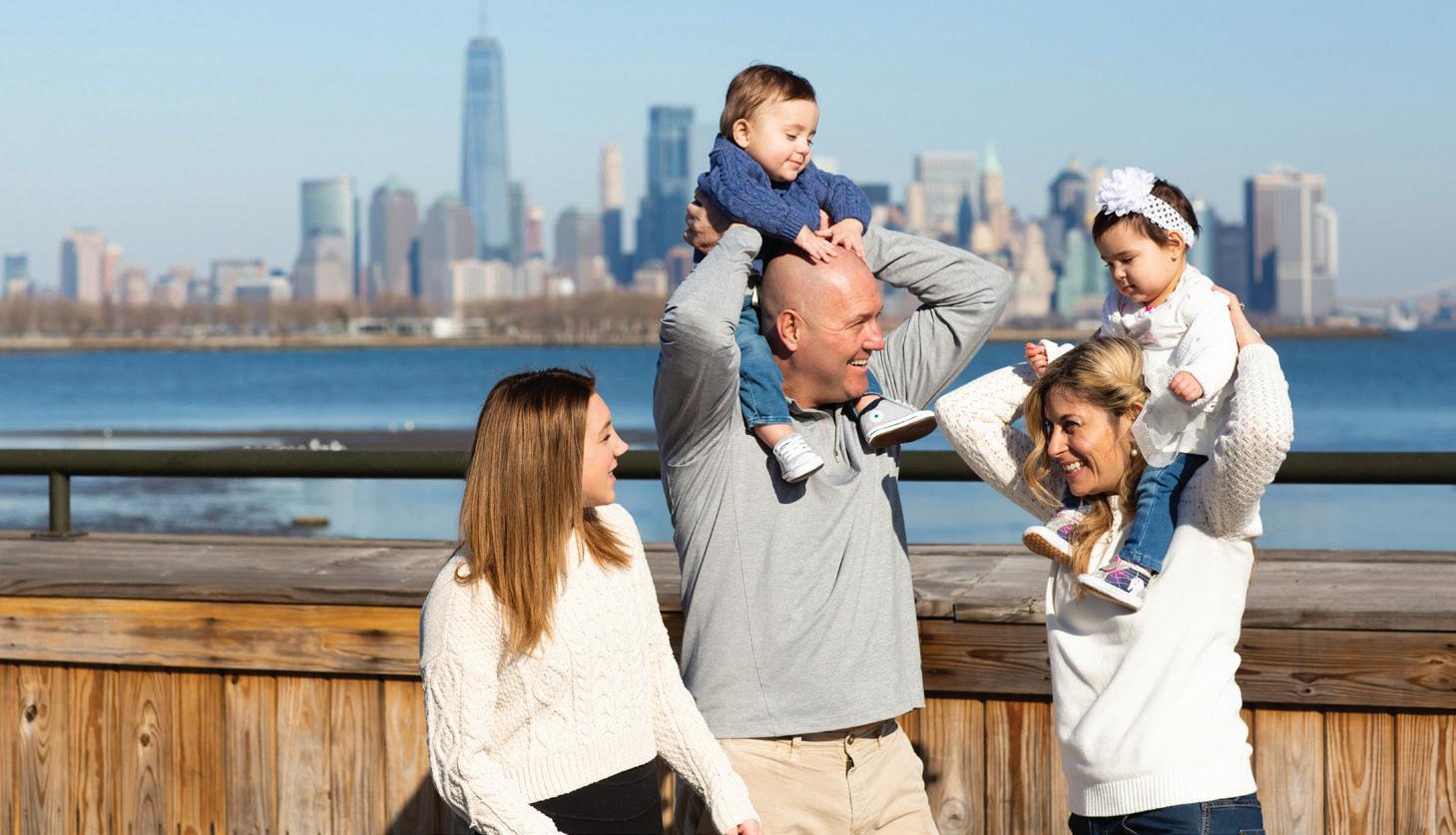
Jersey City Medical Center has taken every precaution to ensure the safety of our patients, visitors and staff. To find a JCMC cardiac specialist, call 888.724.7123 or visit www.rwjbh.org/heart.

